Practical Design of Magnetostatic Structure Using Numerical Simulation
Magnets are widely used in industry, medical, scientific instruments, and electrical equipment. They are the basic tools for scientific research and electromagnetic devices. Numerical methods for the magnetic field analysis combined with mathematical optimization from practical applications of the magnets have been widely studied in recent years. It is necessary for professional researchers, engineers, and students to study these numerical methods for the complex magnet structure design instead of using traditional "trial-and-error" methods. Those working in this field will find this book useful as a reference to help reduce costs and obtain good magnetic field quality. Presents a clear introduction to magnet technology, followed by basic theories, numerical analysis, and practical applications Emphasizes the latest developments in magnet design, including MRI systems Provides comprehensive numerical techniques that provide solutions to practical problems Introduces the latest computation techniques for optimizing and characterizing the magnetostatic structure design Well organized and adaptable by researchers, engineers, lecturers, and students Appendix available on the Wiley Companion Website As a comprehensive treatment of the topic, Practical Design of Magnetostatic Structure Using Numerical Simulation is ideal for researchers in the field of magnets and their applications, materials scientists, structural engineers, and graduate students in electrical engineering. The book will also better equip mechanical engineers and aerospace engineers.
{{comment.content}}
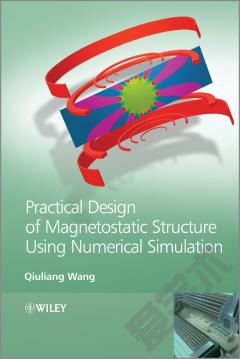

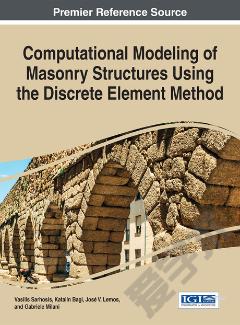
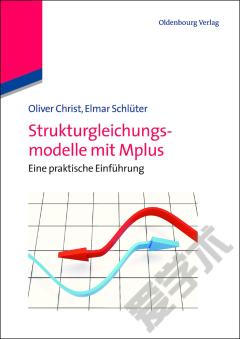
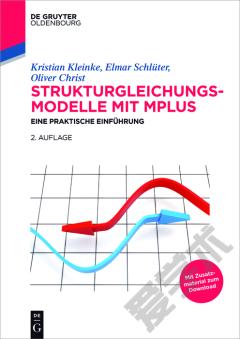
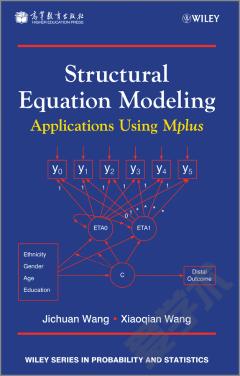
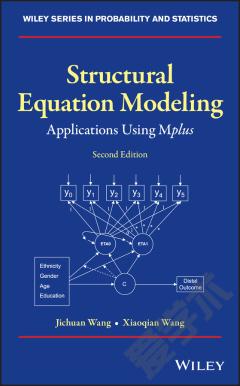

 京公网安备 11010802027623号
京公网安备 11010802027623号